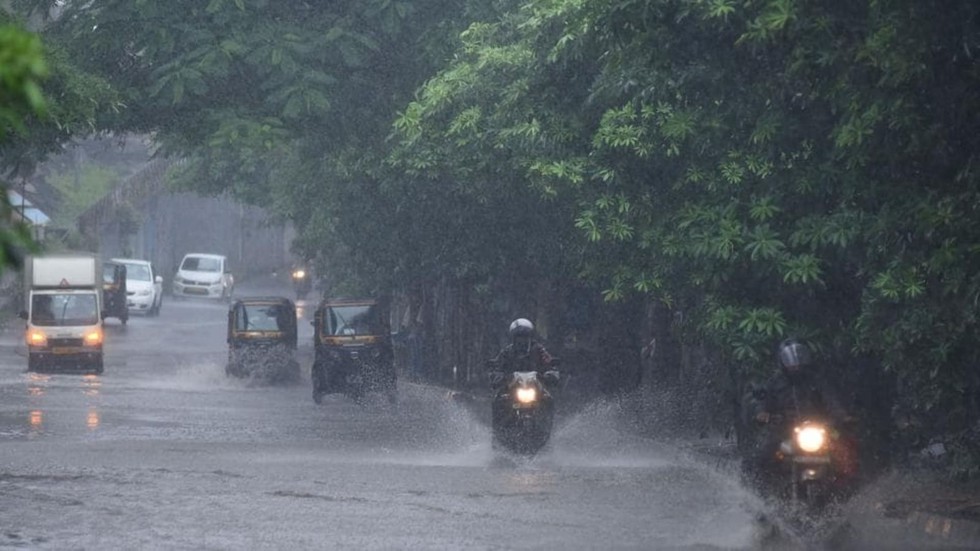In a recent announcement, the Indian Meteorological Department (IMD) unveiled its projections for the impending monsoon season, painting a promising picture for the agricultural sector and water resources management.
IMD’s Projections
IMD predicts an above-normal monsoon for India, based on various global climate patterns such as La Niña and local atmospheric conditions.
Implications of Above-Normal Monsoon
- Water Availability: Higher-than-average rainfall is crucial for replenishing reservoirs and ensuring water availability for rural and urban areas.
- Agriculture: Adequate water supply for crops can boost agricultural yields and alleviate pressure on food prices.
- Hydroelectric Power Generation: Increased rainfall levels can contribute to filling reservoirs, essential for hydroelectric power generation.
- Irrigation: Reservoirs’ filling is vital for irrigation purposes, sustaining agriculture.
Challenges
- Flood Risks: Risk of floods and waterlogging in certain regions.
- Disruptions: Potential disruptions to transportation and infrastructure due to heavy rainfall.
Conclusion
IMD’s forecast instills optimism, providing hope for agriculture-dependent economies. Continuous monitoring and adaptive measures will be necessary to maximize benefits while mitigating risks associated with anticipated rainfall patterns.
Multiple Choice Questions (MCQs):
- What did the Indian Meteorological Department (IMD) recently announce?
- A) La Niña phenomenon
- B) Projections for the monsoon season
- C) Global climate patterns
- D) Water stress concerns
- What factors contribute to IMD’s prediction of an above-normal monsoon?
- A) Global climate patterns and local atmospheric conditions
- B) Water stress concerns
- C) Flood risks
- D) Transportation disruptions
- What is a potential implication of an above-normal monsoon for agriculture?
- A) Decreased water supply for crops
- B) Lower agricultural yields
- C) Alleviation of pressure on food prices
- D) Increased risk of drought
- What challenge does an above-normal monsoon pose?
- A) Decreased risk of floods
- B) Potential disruptions to transportation and infrastructure
- C) Lower rainfall levels
- D) Reduced water availability for urban areas
